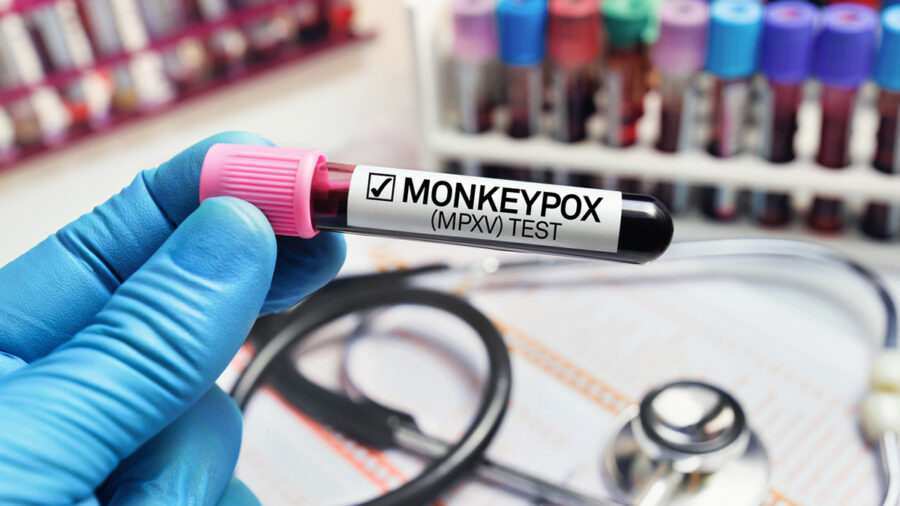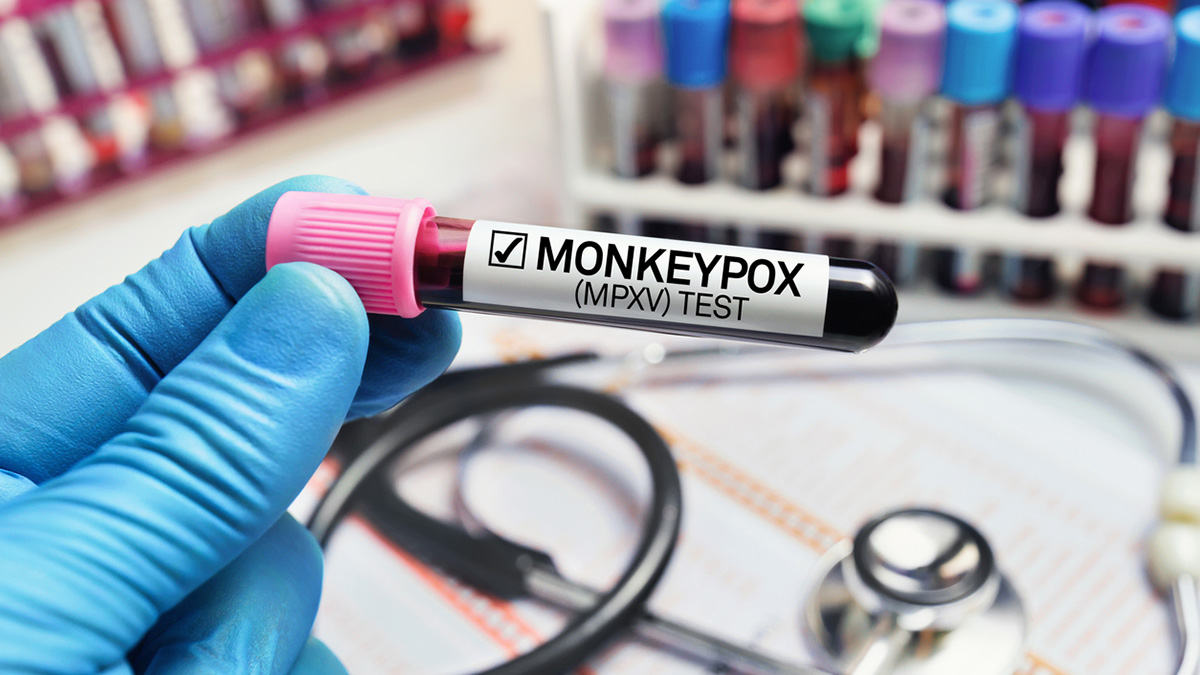
WHO Calls Emergency Meeting as Monkeypox Cases Rise
The World Health Organisation (WHO) announced its plan to reconvene the Emergency Committee on monkeypox under the International Health Regulations as infections continue to soar globally… although at the time of publishing there have only been two confirmed cases in South Africa. In June, the WHO’s Emergency Committee resolved by consensus the outbreak does not […]

The World Health Organisation (WHO) announced its plan to reconvene the Emergency Committee on monkeypox under the International Health Regulations as infections continue to soar globally… although at the time of publishing there have only been two confirmed cases in South Africa.
In June, the WHO’s Emergency Committee resolved by consensus the outbreak does not constitute a global public health emergency at this stage.
However, addressing the media on Wednesday, WHO Director-General, Dr Tedros Adhanom Ghebreyesus, said he remains concerned by the scale and spread of the virus.
Speaking to the media, Ghebreyesus said there are now more than 6 000 cases recorded in 58 countries.
In addition, Ghebreyesus said testing remains a challenge and the WHO suspects some infections are not being “picked up”.
“Europe is the current epicentre of the outbreak, recording more than 80% of monkeypox cases globally,” Ghebreyesus revealed.
“My teams are following the data. I plan to reconvene the Emergency Committee so they’re updated on the current epidemiology and evolution of the monkeypox outbreak and the implementation of countermeasures. I’ll bring them together in the week of 18 July or sooner if needed.”
Meanwhile, he told the media that the agency is working with countries and vaccine manufacturers to coordinate vaccine sharing, which is currently scarce and desperately needed for people at higher risk of contracting the viral disease.
“WHO is also working closely with civil society and the LGBTQI+ community, especially to break the stigma around the virus and spread information so people can protect themselves.”
He commended those posting videos on social media talking about their symptoms and experiences.
“This is a positive way to break down the stigma about a virus that can affect anyone.”
According to the latest epidemiological update, from 1 January to 4 July 2022, 6 027 laboratory-confirmed cases of monkeypox and three deaths have been reported to WHO from 59 countries in five WHO regions.
Since 27 June 2022, 2 614 new cases (77% increase) and two new deaths have been reported, while nine new areas have reported infections.
“The clinical presentation of monkeypox cases associated with this outbreak has been atypical, as many cases in newly-affected areas are not presenting with the classically described clinical picture for monkeypox, that is, fever, swollen lymph nodes, followed by a centrifugal rash.”
Data shows that among the cases who reported at least one symptom, 81% presented with systemic rash (widespread rash on the body), 50% presented with fever and 41% presented with genital rash.
The National Institute for Communicable Diseases (NICD) in SA, a division of the National Health Laboratory Service, confirmed that a second case of monkeypox was identified through laboratory testing at the NICD on Tuesday, 28 June 2022.
The case involves a 32-year-old male residing in the Western Cape Province. He reported no recent travel history, and it is not known if the first and second cases are linked.
South Africans investigative show, Carte Blanche, featured a segment on Monkeypox this week, exploring whether SA is prepared for an outbreak. Executive Producer John Webb added:
“Is it just me or are viruses we considered under control suddenly re-appearing with disturbing regularity and in unexpected places? No sooner had we turned the tide (for now, anyway) against COVID-19 when reports emerged of monkeypox cases in Europe and the US. Weeks later, polio was detected in London’s wastewater. And all the while, outbreaks of bird flu are reported in various parts of the world. These are anxious times for the easily startled in search of sober analysis; one of many reasons to be watching our show this week.”
Watch the show here if you live overseas | Watch in SA on DStv Now
